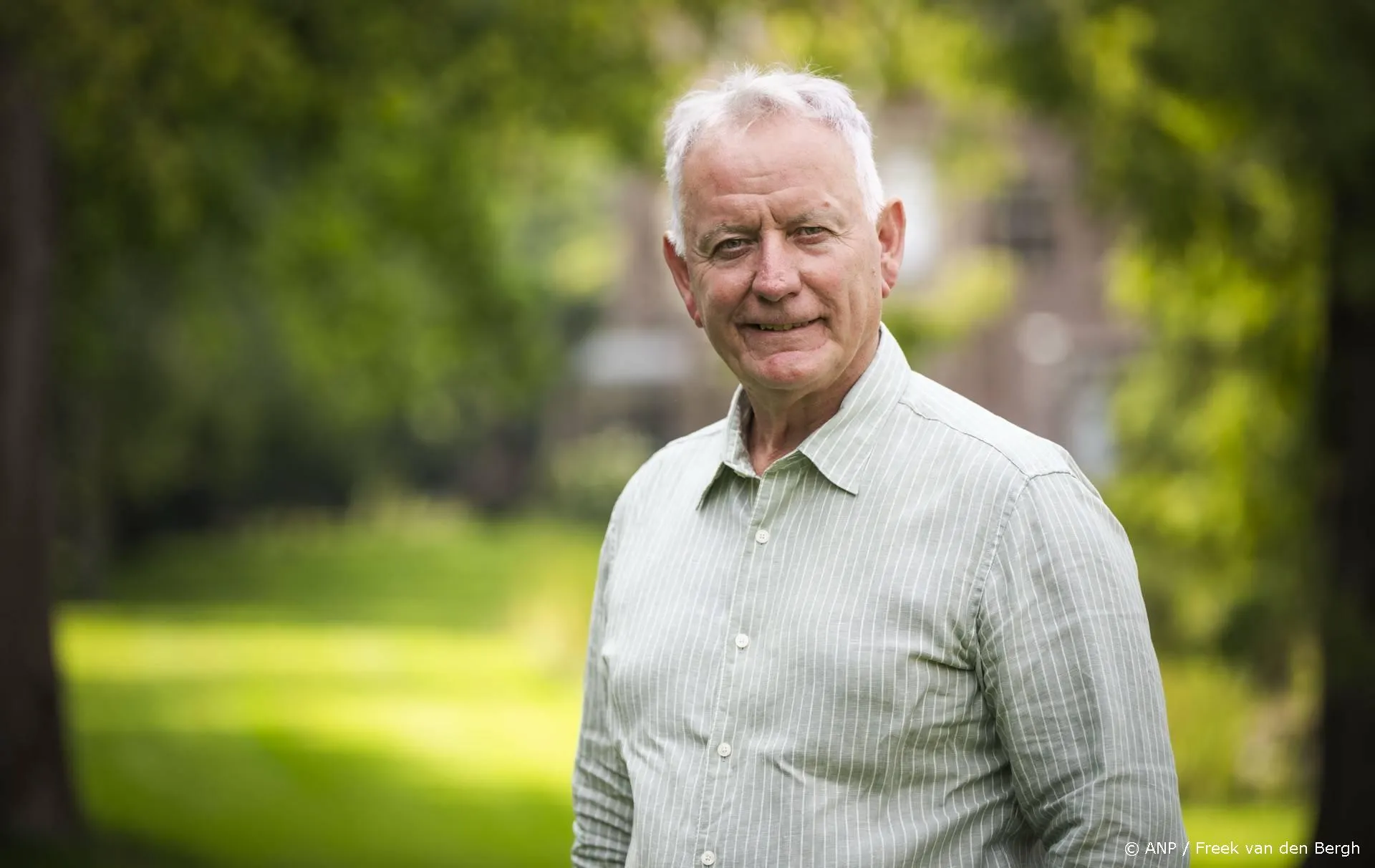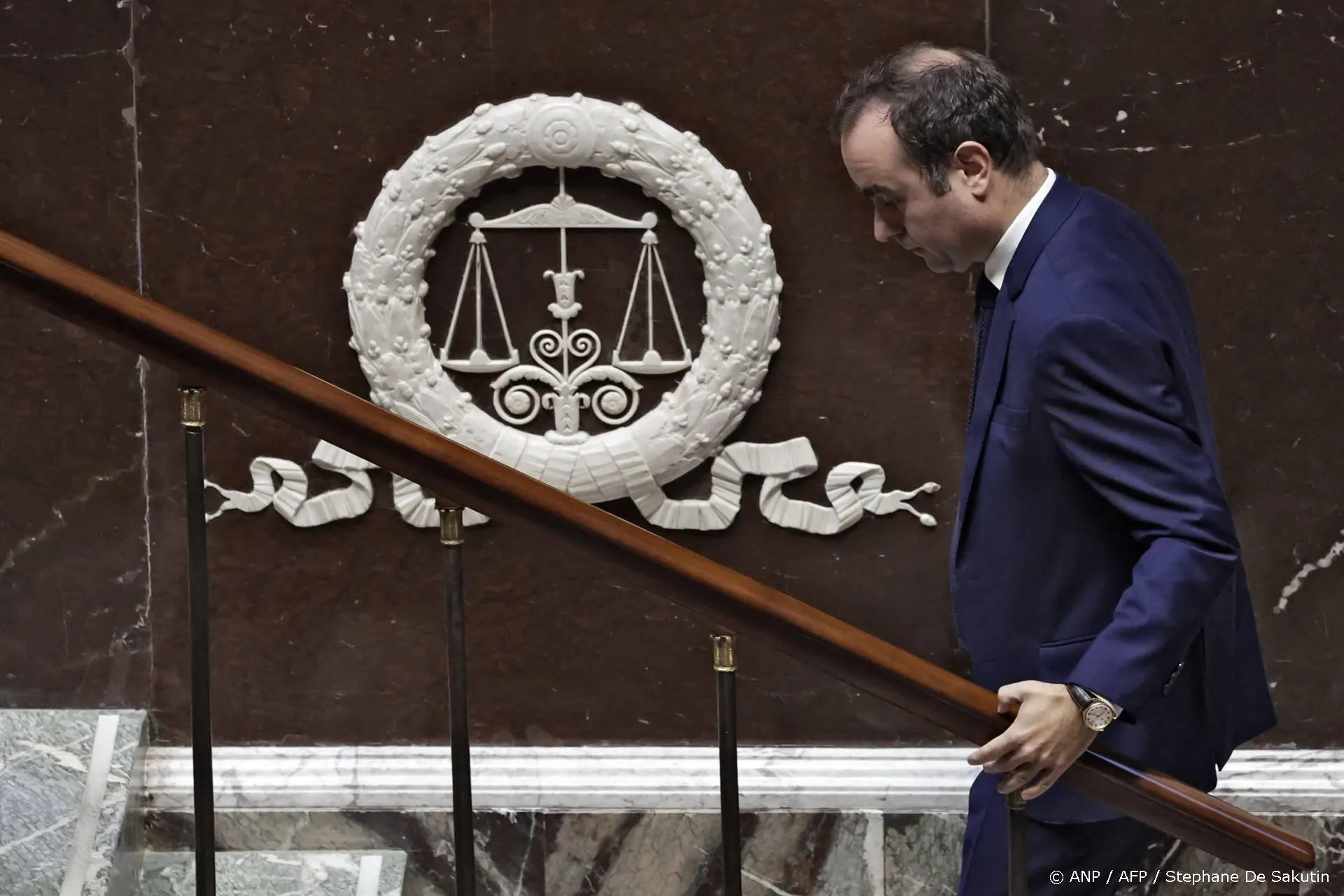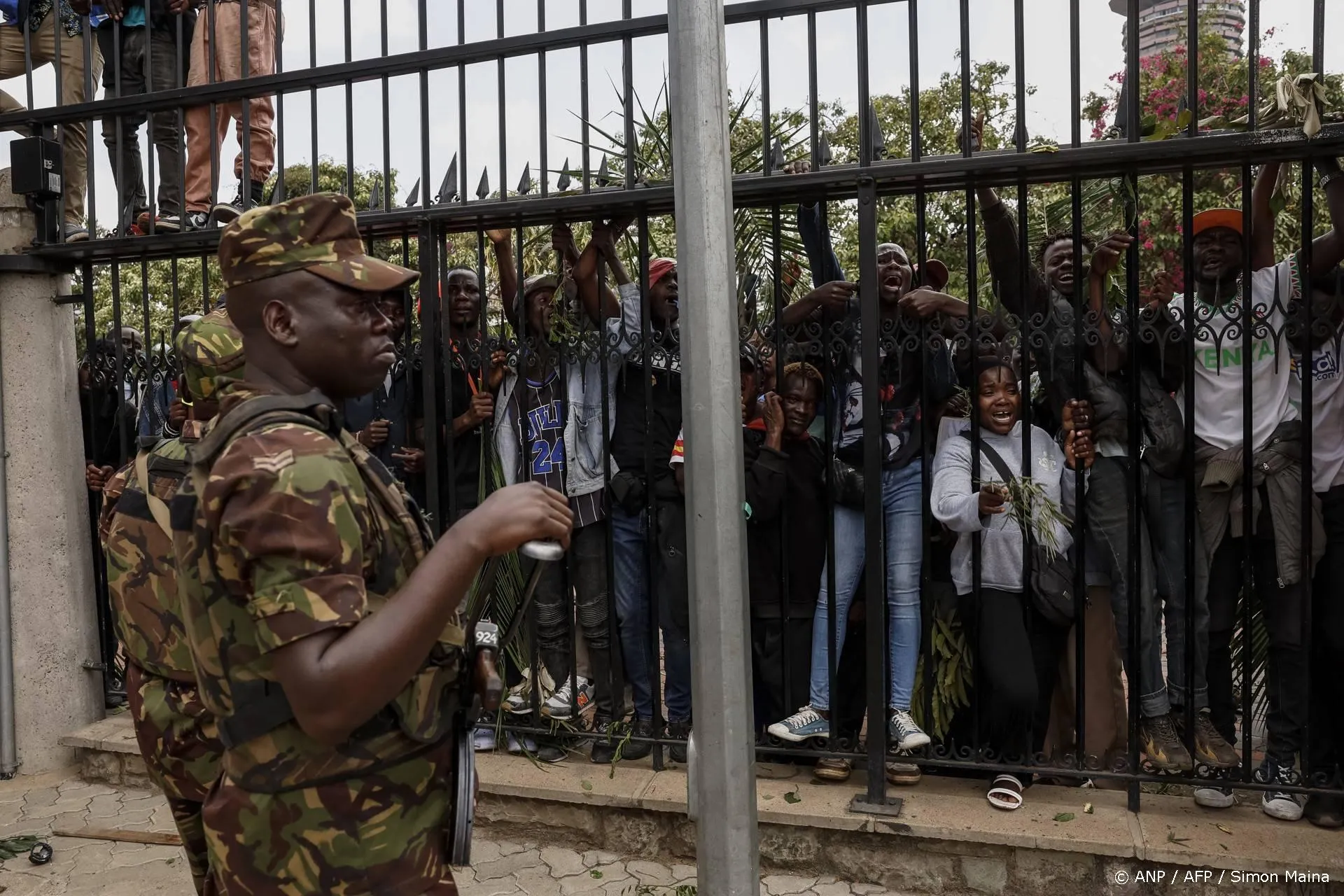Voorzitter van het VN-klimaatpanel, Rajendra Pachauri, treedt af na beschuldiging van ongewenste intimiteiten
'Klima Soetra': harde landing van een brokkenpiloot.
Rajendra Pachauri, voorzitter van het VN-klimaatpanel, wiens ietwat erotisch getinte roman door Rypke Zeilmaker als 'Klima Soetra' werd gekwalificeerd, is afgetreden, na door een 29–jarige medewerkster te zijn beschuldigd van ongewenste intimiteiten. Pachauri heeft de beschuldigingen ontkend. Hij beweert dat iemand zowel zijn laptop als mobieltje had gehackt en namens hem berichten had verzonden aan het slachtoffer. Dat klinkt ongeloofwaardig, want het gewraakte gedrag past in een decennialang patroon van de wijze waarop de mannelijke medewerkers van het instituut waarvan Pachauri directeur is (TERI = 'The Energy and Resources Institute', New Delhi), met hun vrouwelijke collega's plegen om te gaan, zoals ook is gebleken uit een nieuwe aanklacht van een andere, wat oudere medewerkster, over incidenten van zo'n tien jaar geleden.
Pachauri, geen klimatoloog maar spoorwegingenieur, heeft een lange staat van dienst als voorzitter van het VN-klimaatpanel, tijdens welke hij – vooral in de ogen van klimaatsceptici – vele scheve schaatsen heeft gereden. Zijn belangrijkste faux–pas was misschien wel zijn vergelijking van de Deense milieuscepticus Bjørn Lomborg met Hitler.
En dan was er forse kritiek inzake Himalayagate in 2010. Het IPCC had beweerd dat de gletsjers van de Himalaya rond 2035 zouden zijn gesmolten. Deze fout was door een 'expert reviewer' gesignaleerd, maar was niet verbeterd. In plaats van de fout te erkennen, hield Pachauri aanvankelijk vast aan de juistheid van de bewering, ging tegen de critici te keer en beschuldigde hen van voodoo wetenschap. Pas veel later draaide hij bij.
Dat Pachauri bepaald niet met kritiek kon omgaan, bleek ook meer recentelijk uit een tv–gesprek, waarin hij klimaatsceptici een enkele reis naar de ruimte toewenste.
…. Pachauri, after lamenting the resistance of unnamed individuals and institutions to addressing climate change, commented, again in a joking tone, “Those who are becoming obstacles in implementing what is rational should be made the responsibility of Sir Richard [Branson] to give this one-way ticket to outer space. Of course space would be unfortunate to get some of these guys.”
In de loop der tijd werd Pachauri herhaaldelijk beschuldigd van belangenverstrengeling en 'bijklussen', waarmee hij honderdduizenden dollars ophaalde. Hij heeft deze beschuldigingen altijd van de hand gewezen en verklaard dat dat geld voor zijn instituut, TERI, bestemd was.
Inmiddels heeft Pachauri zijn ontslag aangeboden aan SG–VN, Ban Ki–moon. In plaats van spijt te betuigen over het feit dat zijn gedrag een smet vormt op het blazoen van het VN–klimaatpanel en alle bona fide wetenschappers die zich daarvoor inzetten:
… Pachauri talks about all the wonderful things that happened during his 13-year reign. He refers to “priceless assets” and “unmatched contributions.” And to the “close friends and colleagues” who urged him to finish his term rather than quit early. (Neglecting to mention the calls for his resignation issued by the Sunday London Times, the Financial Times, the Daily Telegraph, the Sunday Telegraph, and the New Scientist over the years.)
Pachauri’s letter talks about his “greatest joy” and his “sublime satisfaction.” And about religion:
For me the protection of Planet Earth, the survival of all species and sustainability of our ecosystems is more than a mission. It is my religion and my dharma.
Yes, the IPCC – which we’re told to take seriously because it is a scientific body producing scientific reports – has, in fact, been led by an environmentalist on a mission. By someone for whom protecting the planet is a religious calling.
Even here, at the end, Pachauri fails to grasp that science and religion don’t belong in the same sentence; that those on a political mission are unlikely to be upholders of rigorous scientific practice.
What’s missing from this letter is any suggestion of remorse. When a scandal-plagued leader resigns because his alleged misdeeds are nuking his organization’s reputation, that is a mark of failure. He has let everyone down.
Where are his words of apology to the thousands of IPCC–linked scientists whose honour is now eternally tarnished by their association with him?
Aldus Donna Laframboise hier.
Tegen deze achtergrond heeft de 'Global Warming Policy Foundation' (GWPF) een oproep aan regeringen gedaan om de klimatologie te bevrijden van haar pseudo–religieuze tendensen.
Onder de titel, 'GWPF Calls On Governments To Overhaul ‘Missionary’ IPCC', schreef de stichting:
The GWPF has, for a long time, warned policymakers and the public that the leadership of the IPCC has been losing its scientific objectivity and has been adopting environmentalism as a missionary cause. The astonishing letter of resignation released yesterday by its outgoing chairman, RK Pachauri, drops all pretence to the contrary and proves that our concerns were valid.
In it he states:
“For me the protection of Planet Earth, the survival of all species and sustainability of our ecosystems is more than a mission. It is my religion and my dharma.”
The author of that statement has, for the past 13 years, been one of the world’s most influential government advisers in the area of energy and climate policy, and one of the most visible spokespersons for climate science.
During this time we have witnessed a near-complete shutting down of open scientific debate, militant hostility to any questioning of the claims or assertions of the IPCC, and the zealous promulgation of costly and irrational energy policies with inadequate regard for the balancing of human costs and benefits.
It is clear that a missionary environmentalist mindset has been embedded at the highest levels of the IPCC, and we reiterate our concerns that it has been spreading throughout the organisation, with the full support of the leadership.
We call upon policymakers to begin asking some overdue questions about this organisation upon which they rely so heavily. In particular, we are left to wonder how Dr Pachauri’s extreme biases have affected the work of the IPCC in recent years and the advice it gives to governments.
Aldus de GWPF.
Zie verder hier.
Laten we hopen dat dit zal helpen.
Rajendra Pachauri behoorde tot de exclusieve klasse van de 'great and the good'. Het ziet er naar uit dat zij het in de toekomst zonder hem zullen moeten stellen.
Voor mijn eerdere DDS–bijdragen zie hier.
Ga verder met lezen
Dit vind je misschien ook leuk
Laat mensen jouw mening weten
Lees ook
Loading



